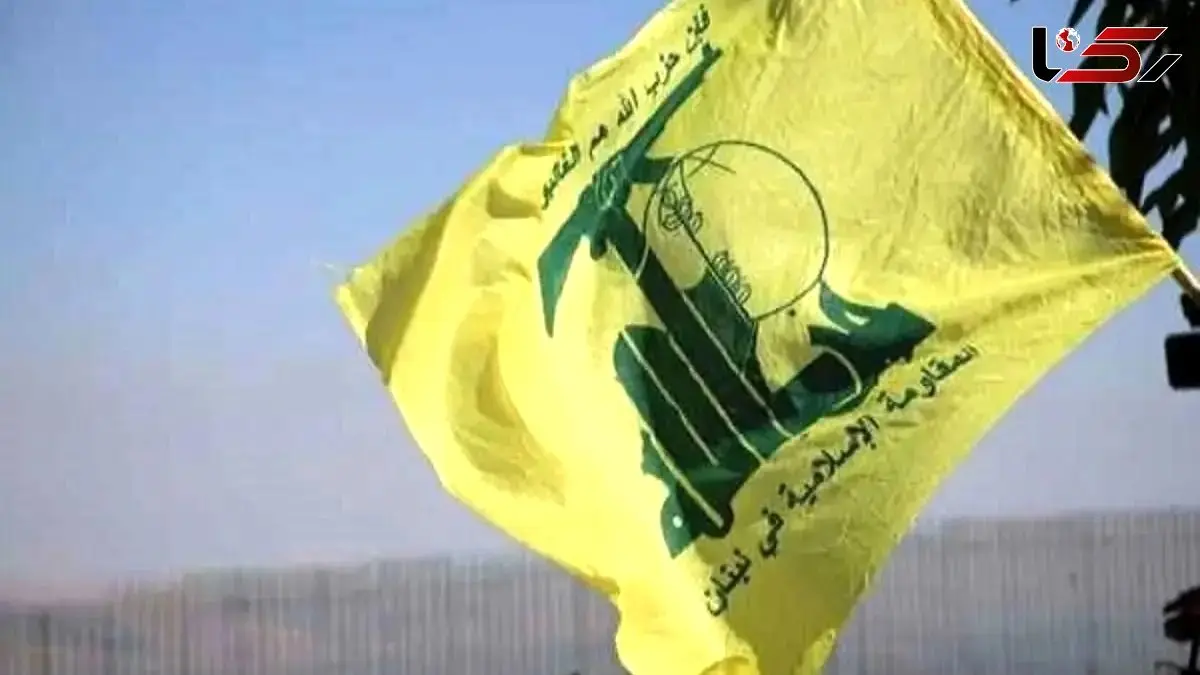Carnegie Think Tank Analysis on Lebanon: Linking Constitutional Reform with Hezbollah’s Disarmament
Lebanon’s Big Deal: Are Major Changes on the Horizon?
Rokna Political Desk: New developments are taking shape on Lebanon’s political scene that could alter the country’s sectarian power balance; an opportunity is emerging to reconsider political relations with a focus on the Shia community.

A new equation is slowly and steadily taking shape in Lebanon’s political landscape. It is neither unexpected nor necessarily negative, but within the context of Lebanon’s always stubborn political system, it is highly likely to usher in a new stage in the country’s unstable sectarian contract.
According to Rokna, this equation is as follows: while the government continues to fail in disarming Hezbollah—and since disarmament by force is off the table and should remain so—a second approach will emerge: offering political concessions to the Shia community in exchange for the handover of weapons. Such a path should not be alarming, as the integration of Hezbollah and its constituency into Lebanon’s constitutional order has long been welcomed by Hezbollah’s adversaries.
The phrase “political concessions” may be misleading. The framework for such concessions would necessarily be the 1989 Taif Agreement, and Hezbollah officials, as well as Nabih Berri, the Speaker of Parliament, have long sought full implementation of the Taif Accord. This demand is not unreasonable. One implication of such a course would be that the political system would move away from sectarianism, and sectarian quotas in parliament and government would be eliminated.
A pessimistic assumption is that Hezbollah supports this idea believing that Lebanon’s Christians would oppose it—those who stand to lose the most from such a process—and their opposition would also make Hezbollah’s disarmament impossible. But is this necessarily the case? It appears that more and more Christians are supporting the idea of a Lebanese federation, so if this comes to fruition, their flexibility in implementing the Taif Accord might increase; however, their understanding of federalism is often approximate.
It seems that many, when speaking of federalism, are actually thinking of separating from Lebanon’s Muslim majority, particularly the Shia community and Hezbollah, whose worldview they find irreconcilable with Christian preferences for the country. Even if such an overview has merit, many federalists fail to recognize that federalism will not resolve the disputes that many Christians have had with their Muslim compatriots over recent decades.
Under a federal system, key government powers would remain within the central authority. Above all, foreign relations, defense, and foreign trade would fall under central control—precisely the issues that have created the most divisions in Lebanon.
Nevertheless, Christians still view federalism as a lifeboat. The Taif Agreement does not mention federalism but provides a window that could approach this idea. One concession given to Christians under Taif was the establishment of executive decentralization. Christians were asked to relinquish significant presidential powers and, in return, were granted extensive authority to manage their own executive affairs; yet this concession had a major flaw—executive decentralization is meaningless without financial decentralization.
If, ultimately, the central government retains overarching financial control over all national activities, executive autonomy becomes somewhat illusory. Therefore, today, Christians are unlikely to accept full implementation of the Taif Accord without full executive and financial decentralization.
For this reason, although we may not yet be approaching the implementation of a major deal regarding Hezbollah’s weapons, we are likely drawing closer to outlining the probable contours of such a deal. However, in the shadow of this potential exchange, what must be closely observed?
If the mechanism for implementing such a major deal involves simultaneous Hezbollah disarmament and negotiations over constitutional amendments to meet all aspects of the Taif Accord, it is highly unlikely to succeed, even if it looks good on paper. Hezbollah must first hand over its weapons, because if one party and its constituency are armed while others are not, no movement toward reform is possible. That is why, if a comprehensive agreement exists in which Hezbollah’s weapons are part of a broader constitutional reform package, disarmament must precede these reforms.
A key factor in this major deal will be Iran’s consent. Some believe that the Iranians will never relinquish Hezbollah’s weapons. This may be true regarding the Supreme Leader, Ayatollah Ali Khamenei, who sets Iran’s policies in such matters, but is this perspective immutable? What is called the “Resistance Axis” has been severely weakened: Hamas can no longer strike Israel from Gaza; Syria is lost; and Hezbollah in Lebanon is entirely isolated and confronted with a government decision to disarm it.
Pursuing a failed strategy with all its associated costs is illogical, and there is a possibility that the Iranians will gradually consider the second approach. Strengthening the Shia community’s power in Lebanon’s constitutional provisions, rather than Hezbollah’s weapons—which have only resulted in significant Israeli destruction—appears more beneficial.
Although a major deal would likely be welcomed, the reality is that the sectarian legal system has become so dysfunctional that there is no guarantee that any resulting political reset will improve upon the current situation; it may merely be a weak patch that leaves the system’s ailments largely intact. For example, it is conceivable that such a deal might weaken the extraordinary power of sectarian leaders.
This is one reason why Christians must think more carefully about their vision of a decentralized system. In today’s Lebanon, the multiplicity of sectarian leaders repeatedly imposes the need for compromise, which could yield better outcomes; however, a decentralized system in which the power of sectarian leaders in their controlled regions is unmitigated by rivals may only consolidate small sectarian autocracies.
Might it not be more logical to completely rewrite the Taif Accord, utilizing 35 years of subsequent experience to address its deficiencies? This does not mean abandoning the Taif Accord, but rather using it as the foundation for a newly reconstructed constitutional order after Hezbollah’s disarmament. Whatever happens, the linkage between Hezbollah’s weapons handover and broader discussions on constitutional reform appears inevitable. Neither can occur without the other.
Send Comments